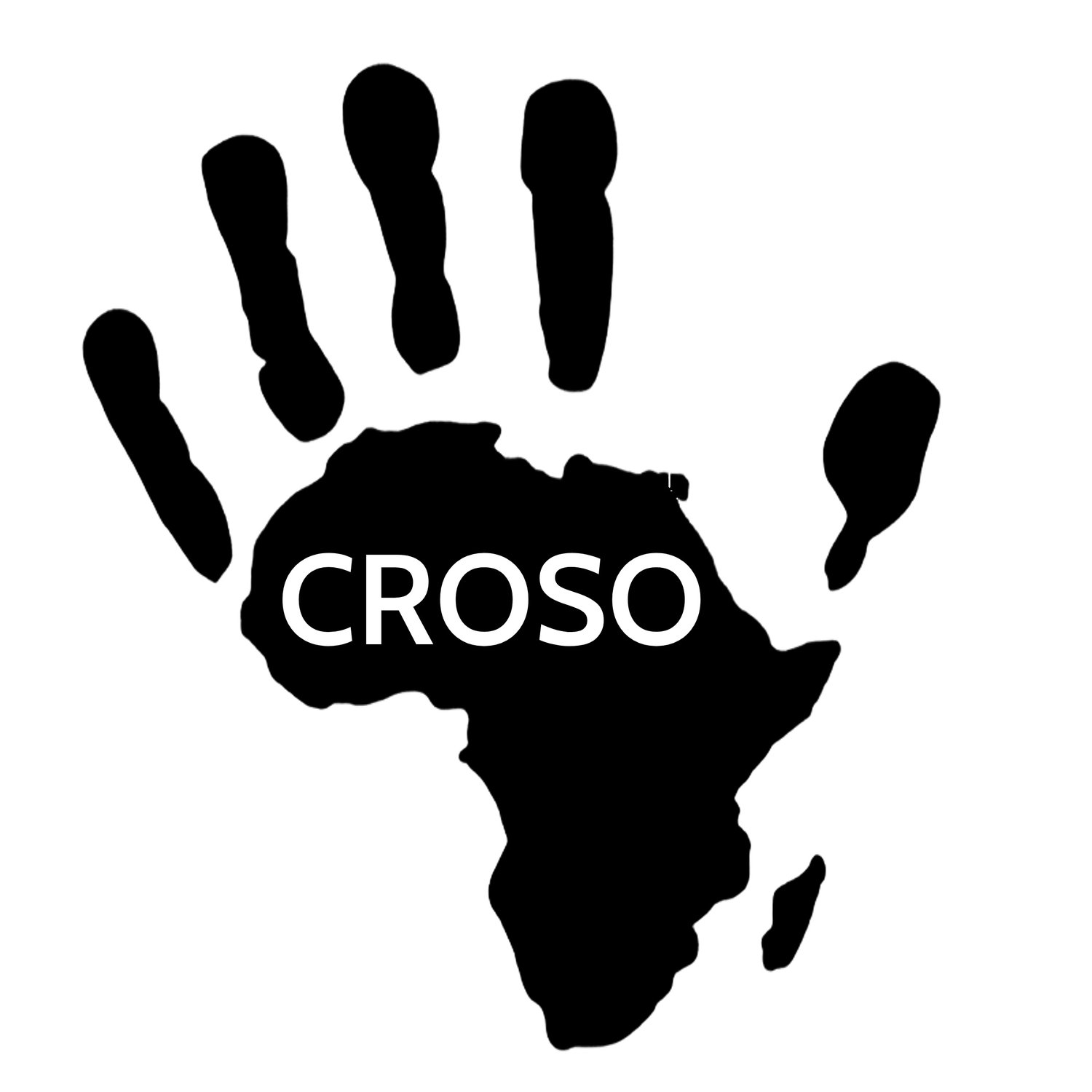How CROSO Supports our Scholars
Written by Dawson Vandervort, CROSO Intern from the University of Dayton
Since our CROSO donors are so generous, and probably curious, this blog post is all about how exactly CROSO’s finances are used to support scholar needs. CROSO’s scholarship expenses can be split into 5 vital groups: Academic, Internship, Holiday, Graduation and Management Fees. In 2018 we spent a total of 254,695,450.00 Ugandan shillings, or $70,542.52 USD. *
The broadest and most expansive category is the academic expenses, which makes up 81 percent of all scholar support. The large majority goes into tuition and functional fees which are paid to the universities and colleges at the beginning of each semester. In 2018, the total amount for those fees was $24,912. In addition to school fees, other expenses in this category include food, housing, transportation, laptops, books and a small amount of pocket money. Providing funding such as this is vitally important because without covering basic needs and school resources, the tuition is effectively pointless. The students need food and books, and even some extra pocket money for whatever miscellaneous costs that may accrue.
The internship section (9% of total scholar support) covers expenses incurred during the time our scholars are applying their education in the workplace. Aside from the uniform, hosting fees, and research fees, the expenses are ostensibly the same as during the school year (covering housing, food, and transportation). Internships are an integral aspect to our scholars’ academic experience, just as they are to university students here in the U.S. Internships help our scholars gain hands-on skills, begin to build a professional network, and learn more about the careers available to them after graduation. With the ultimate goal of making a tangible difference in their own communities, internships serve as a valuable experience.
The remaining three categories are holiday expenses, graduation fees, and management fees.
The holiday fees (5% of total scholar support) provide housing and food to scholars during the holiday breaks. While some of our scholars have parents or relatives to visit during their time off from school, many of our scholars do not have a place to stay or people who can easily provide food for them.
Graduation expenses (4% of total scholar support) consist of graduation fees as well as a two-month room and board stipend for scholars after they complete their studies.
Management fees (1% of total scholar support) are paid to our partner organization, C.R.O., to compensate the staff members there that continue to provide CROSO with important information (both contextual and from their long-standing relationships with each scholar) to inform our policies and practices as an organization.
Our funding efforts, as can be seen above, are nuanced and have been informed by our board of directors in direct partnership with our scholars. This is clearly essential to the work we do. No category is irrelevant as each provides our scholars with access to experiences and tools necessary for engagement and experiential learning.
*Please note: This is a breakdown of the scholar expenses only and do not reflect organizational expenses associated with fundraising, administrative needs, payroll, etc.

